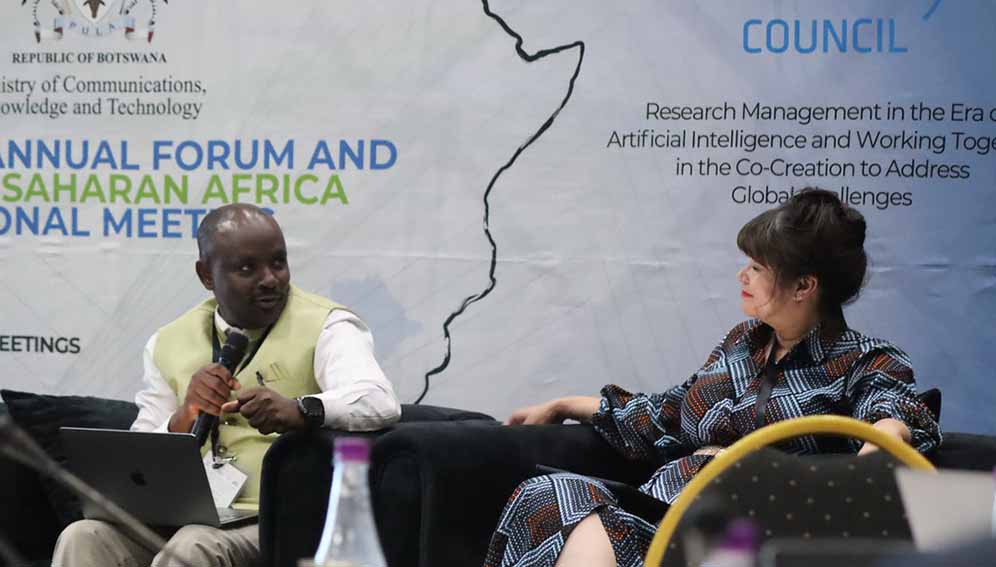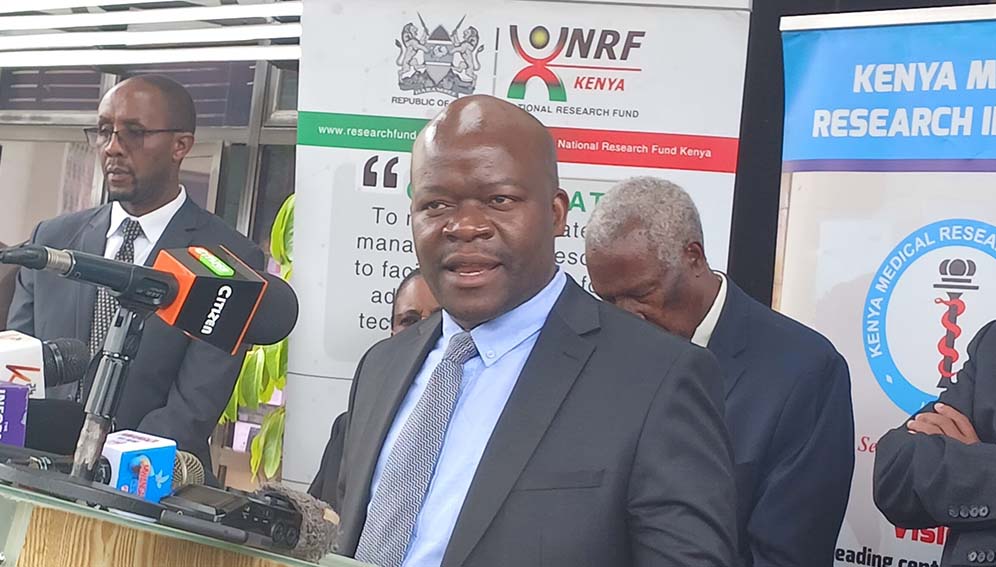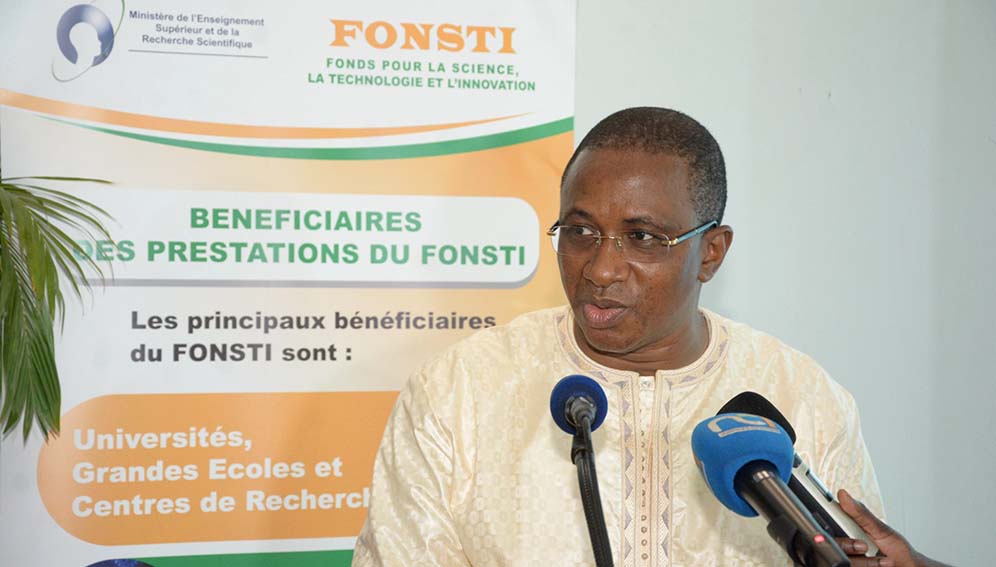SGCI News
Mozambique’s new science, technology, and innovation (STI) policy will drive economic growth and sustainable development while addressing societal challenges, researchers say. Approved by Mozambique’s cabinet on 21 May, the policy…
- Mozambique approves key science, tech and innovation (STI) policy
- The policy aims to grow science and technology capacity for sustainable development
- SGCI funded a review of the country’s STI policy
Mozambique’s new science, technology, and innovation (STI) policy will drive economic growth and sustainable development while addressing societal challenges, researchers say.
Approved by Mozambique’s cabinet on 21 May, the policy aims to leverage STI to achieve sustainable development and productivity in Mozambique.
“The policy represents the government’s commitment to strengthening and building the requisite scientific and technological capabilities for sustainable development,” said Sergio Pereira, an auxiliary researcher at the Mozambican Ministry of Science, Technology, and Higher Education.
The policy was developed with the support of the Science Granting Councils Initiative (SGCI) Evidence in Policy (Evi-Pol) project and will be implemented by the Mozambican Ministry of Science and Technology.
Darryn Whisgary, research manager at the Centre for Science, Technology, and Innovation Indicators and lead of SGCI’s Evi-Pol project, said SGCI provided financial support to Mozambique’s National Research Fund (Fundo Nacional de Investigação, or FNI) to draft it.
Whisgary said the SGCI team guided representatives from the Mozambican ministry throughout the policy development process and were now collaborating with Mozambique’s FNI to organise multi-stakeholder events to discuss the policy’s implementation.
He said the SGCI’s Evi-Pol project funded a comprehensive review of the STI policy, led by expert consultant John Ouma Mugabe, from the University of Pretoria in South Africa,

Mugabe said the policy adopts an integrated and holistic approach to respond to complex local, national, and global challenges.
“Though previous approaches and efforts have yielded some results, they have not had a transformative effect on the economy and citizens of Mozambique,” he said.
“The SGCI Evi-Pol project played a fundamental role in developing the new policy to meet Mozambique’s key development goals.”
Rose Entsua-Mensah, former director-general of Ghana’s Council for Scientific and Industrial Research, said STI policy provides the framework to create the institutions and harness the available science, technology, and innovation capacity for economic and social development.
She believes there is a need to build broad-based civic and political constituencies for STI policy.
“This involves establishing platforms for science-society-policy dialogues to help democratise research and development priority-setting, leverage private sector investments into STI for SDGs, and establish public scrutiny for STI,” she said.
Article written By Francis Kokutse
Related News
Namibia launches BOOSTUP programme to bridge innovation gaps
Many promising technology-driven ideas struggle to progress beyond the concept stage due to limited access to early-stage support and mentorship. These challenges highlight the need for targeted interventions that could transform innovative ideas into viable and scalable solutions. It is against this backdrop that the…
Kenya’s postgraduate research grants
The National Research Fund (NRF), Kenya, invites applications for postgraduate research grants for the 2025/2026 financial year. This national research call is a strategic intervention to strengthen Kenya’s Science, Technology, and Innovation (STI) ecosystem by supporting high-quality postgraduate research that drives innovation, informs evidence-based policymaking,…
The FONSTI mag: A new era for science storytelling in Côte d’Ivoire
Effective research communication is central to ensuring that science informs policy, reaches communities, and inspires the next generation of scientists. Science Granting Councils Initiative (SGCI), members are increasingly experimenting with creative, people-centred ways of making research more visible, accessible, and relevant beyond academic circles and…
SGCI funded projects
Rwanda’s integrated approach to sustainable agriculture and nutrition
Project Titles & Institution Areas of Research Number of Projects being funded Project Duration Grant Amount In-Kind Distribution Council Collaboration with other councils





